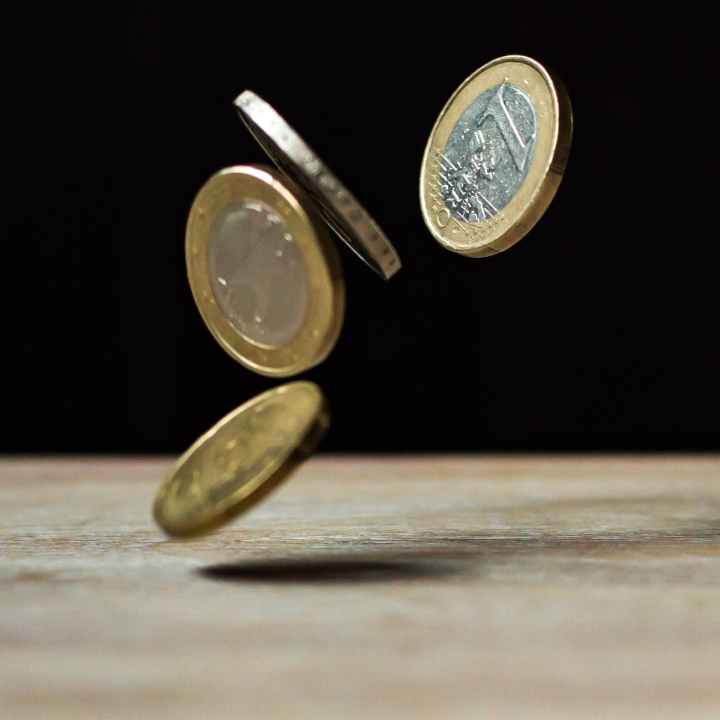
Last weekend I had the privilege of working at a sausage sizzle at our local hardware store. I use the word privilege deliberately, because it was actually quite fun working with a bunch of lovely people from my brass band, all of whom were giving up their Sunday for the sake of our organisation. It was hot and greasy work for the two cooks, who worked all day uncomplainingly.
They gave me the task of taking the money and giving people the correct change. It was a cash only situation which perplexed many of our customers who clearly hadn’t used actual money for some considerable time, if ever. I made a couple of mistakes with the more complicated orders (five sausages, three with onion, an extra sausage for the dog and three drinks), but mostly I could do the unsophisticated mental arithmetic fairly easily.
It was interesting to note how many young people seemed hesitant to hand me actual cash (a Covid thing?) or proffered too much money. In one case, a young boy around 12 handed me both a ten-dollar and five-dollar note when his order totalled $8.50. He looked vaguely terrified, as if he was using foreign money and didn’t know its actual value, which was possibly the case. Many customers forgot to take their change (perhaps they were eager to eat their sausages) and I had to chase after them. I could have made quite a tidy profit for the band, had I been a less scrupulous person.
It reminded me of being on canteen duty when my children were little. The tiny kids whose heads barely reached the counter would reach up with a small handful of change and say, ‘what can I buy with this’?
Of course it’s not just young people who find cash confusing or hard to manage. When my daughter was in high school, she worked at the local supermarket and a lot of the older people who shopped there would just hand over their purses and ask her to take the right money because they couldn’t see very well, or their arthritic fingers couldn’t select the right coins. Just as well she was honest too.
Many people struggle with mental arithmetic. It’s a life skill that some people miss out on, either through missing too much school or living in situations of neglect.
Years ago, when I first started teaching adults, my first classroom experience was teaching a group of long-term unemployed people ‘personal development’. It was part of a scheme to get people off the dole and back to work, popular in the 1980s when unemployment rates were high. It soon became clear that the entire group of mainly middle-aged men were not only illiterate, but innumerate. After a few days of encouraging them to talk about their feelings (a total disaster) it occurred to me that the lessons I’d prepared were preposterous and ill-conceived, so I switched to more practical tasks such as how to use a phone book or read a street directory. These tasks are hard, if not impossible, if you don’t know the alphabet works. Simple arithmetic also perplexed them, so I took in a few games of junior monopoly* and they took turns being the banker. Soon they were all wheeling and dealing like big city investors. In the days before credit-cards and smart phones, it was fun and hopefully useful, especially for people who had little money to begin with.
And although people rarely use cash these days, it doesn’t mean they aren’t being taken advantage of. If people can’t do simple arithmetic, how are they to know if they are being overcharged? They could be charged twice them for items and they probably wouldn’t notice. I’m sure many people don’t bother checking their bank statements.
A friend told me that cash is now considered so old school and retro that it’s coming back into fashion, like record players and tape decks. That made me laugh. Soon they’ll be teaching people to cook and sew.
* Monopoly was invented by a Quaker named Elizabeth Magie in 1933 to highlight the wrongs of making money at the expense of others. Charles Darrow stole her idea and sold it to the Parker Brothers, who made a fortune.
Who Invented Monopoly?
Today I gave the checkout operator at the fruit and veg store $6.20 for a $5.20 purchase so I could have a single $1 coin change. She was very confused, looked hard at the money, counted it, checked with her till which told her the correct change and eventually handed it over. I was never that great at maths but I AM good with money!
I used to think I was bad at maths, but I have revised my views on this. You are probably very good at maths and streets ahead of most people.
Nice